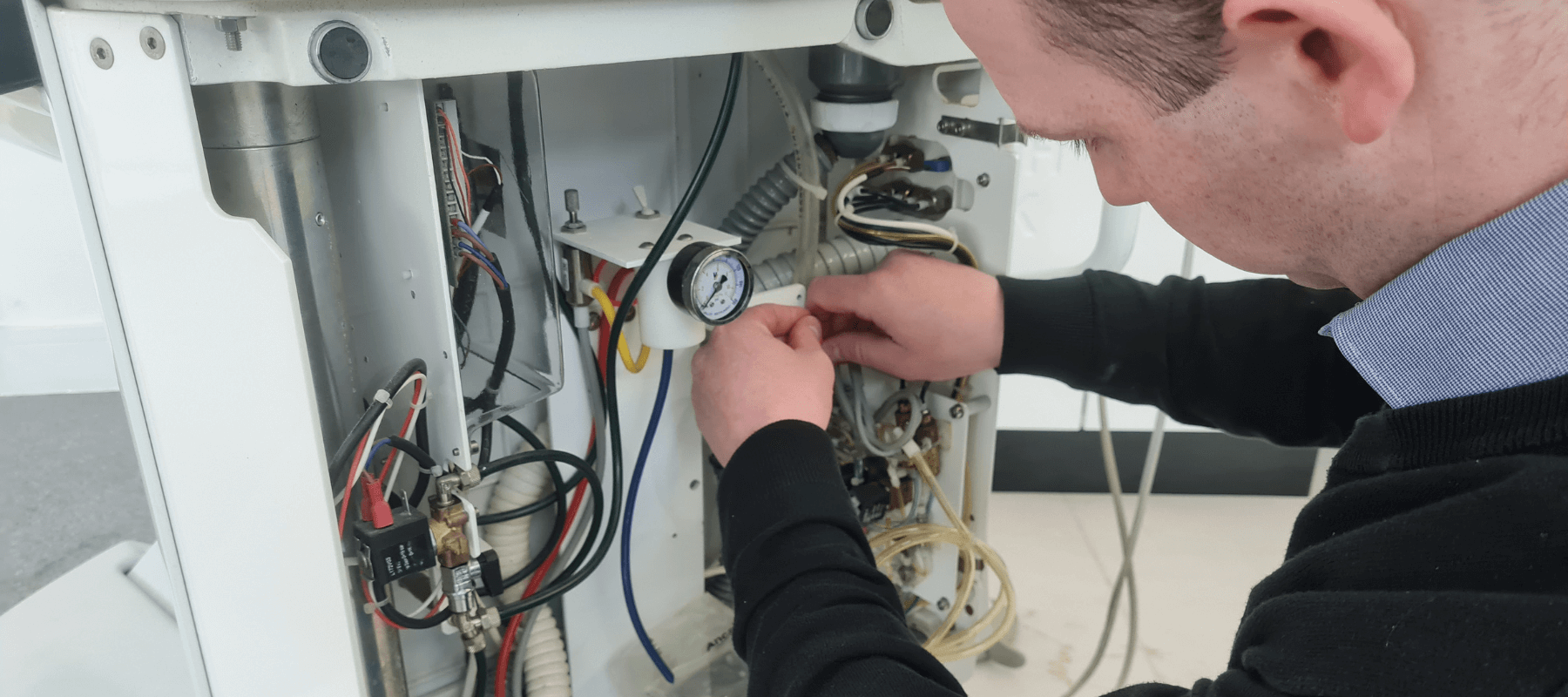
Most of the equipment and machinery within a dental practice is designed and built with precision to obtain the maximum ease of use and durability. They are a considerable financial outlay and an investment to the practice, so ensuring that they are functioning to expected standards are paramount.
The engineering of dental equipment covers electrical, mechanical and pneumatic parts and dental engineers have a significant role in assembling, installing, maintaining, modifying, repairing and servicing the equipment. Some of the parts may get damaged or wear-out over time and faulty equipment can pose a danger to patients and the professional.
We have previously published an article called “Do I need to have my dental equipment serviced?” The answer is absolutely ‘yes’ and the reasons for annual equipment servicing are covered in that article. Prevention of potential equipment break-downs is much better for the dental practice than repair work as a cure.
Our dental engineers can provide preventative annual servicing to keep your equipment running smoothly and minimise down-time. We offer certification and testing for pressure vessels and x-rays as well as service reports for your CQC compliance file.
We have an in-house team of fully trained engineers who strictly follow manufacturer’s guidelines, if a dental practice does not follow the manufacturer’s instructions then they are likely to be invalidating the warranty on their equipment.
We cover most of the South-East including London & Kent, Surrey & Sussex and Essex & Middlesex.
Dental equipment can generally last several years if properly utilised and maintained, so it is recommended to set-up a service schedule for all maintenance and certification intervals.
We can contact you when required to book work in at your convenience giving you peace of mind that your machinery will remain compliant and in safe working order.
Don’t leave your equipment to chance—secure the expert support your practice deserves.
Fill out this form to discover how EclipseCare can keep your dental surgery running smoothly with tailored maintenance, rapid repairs and priority emergency response.
Eclipse Dental is committed to protecting and respecting your privacy, and we’ll only use your personal information to administer your account and to provide the products and services you requested from us. From time to time, we would like to contact you about our products and services, as well as other content that may be of interest to you.
You can unsubscribe from these communications at any time. For more information on how to unsubscribe, our privacy practices, and how we are committed to protecting and respecting your privacy, please review our Privacy Policy.
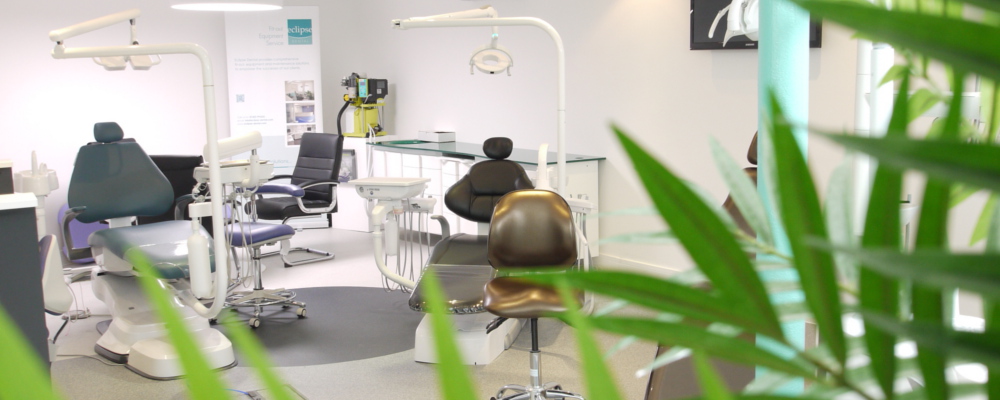
Dental chair servicing or maintenance is vital to the safe running of your chair and associated tools. This is one of the most valuable items in any surgery and the importance of maintaining these to manufacturers guidelines and the highest standards are essential.
We suggest an annual service. We can set-up a service schedule for you and contact you when required.
A service will take about an hour and the engineer will need to fill out a form, recording details of the chair and owner.
Suction lines should be cleaned every day with an evacuation system cleaner and a compatible disinfectant run through the tubing. Follow the manufacturers maintenance instructions for this. Additionally, the suction pump will need an annual service.
Also, if your suction pump is not working, then we can run a check and service as below:
The air compressors we supply are designed to provide years of trouble-free, reliable usage, although certain components do require periodic servicing and we recommend an annual service.
Unexpected breakdowns can be avoided by maintaining your machinery and organising a service schedule with our certified and trained engineers.
Contact our Service Department for tips on maintaining your dental equipment or if you would like us to review your current installation.
The autoclave can be serviced annually and sometimes quarterly and can take up to 2 hours.
The engineer will cover these points during a service:
We can inspect any of your X-ray equipment which would usually take an hour per machine including hand-held dental X-ray sets. We recommend an annual service on these.
During the service our engineer will:
This is also an important piece of equipment to keep maintained and an annual service is recommended. Depending on the manufacturer these can take around 2 hours to service.
During the service our engineer will:
Handpieces can be cleaned, lubricated and sterilised by the dentist or trained assistant, but servicing and maintenance must be handled by an approved engineer.
They should be inspected and serviced regularly which will avoid costly repair charges and emergency call-out fees. If parts are needed, then they should be genuine, and manufacturer recommended.

The Care Quality Commission can take regulatory action for breaching their regulations. Regulation 15: Premises and equipment covers this subject and our service department can keep your practice compliant in this area.
Regulation 12: Safe care and treatment is also relevant as providers must make sure that the premises and equipment used is safe and where applicable, available in sufficient quantities.
During CQC inspections they will want to see evidence of reliable systems, processes and practices in place to keep people safe. This includes using and maintaining equipment and ensuring that equipment is not out-of-date.
Practices are responsible for ensuring their medical devices are maintained appropriately: this includes maintaining and repairing all medical devices correctly, including reconditioning and refurbishment. Practices should have a system in place to ensure regular and appropriate inspection, calibration, maintenance and replacement of equipment.
Another factor to consider is the Health and Safety at work act which prevents any member of staff from putting themselves, or anyone else at risk. Another reason to contact a trained engineer for such work.
Maintaining and servicing decontamination equipment appropriately is essential to ensure that equipment performs to an optimum standard. All decontamination equipment should be validated, tested, maintained and serviced as recommended by the manufacturer. Validation is needed for new decontamination equipment at installation and annually thereafter.
A record of every single sterilisation cycle should be made. This record should demonstrate that the steriliser is working within validated parameters such as time, temperature and pressure, using the machine’s own indicated measurements on the display.
Sterilisers are maintained by an appropriate and competent person. As sterilisers are pressure vessels, a suitable written scheme of examination needs to be in place for each one.
Once in place, sterilisers need to be examined in accordance with the written scheme of examination. The maximum interval between these safety inspections is 14 months. Current certification must be available for inspection.
Quoted from CQC website – Dental Mythbuster 12
Also see our article on Decontamination Room Design.
We always endeavour to attend to repair calls as soon as possible, but if you need an engineer urgently, you can choose our emergency call-out service.
For a small additional fee, we will prioritise your emergency and ensure it is swiftly attended to with minimal down-time.
Dental Equipment: Repair or Replace – This article looks at the options when a piece of equipment needs repairing. So, if you are wondering whether to fix an old machine or purchase a new one, read this first.
In the unlikely event that we are not able make the repair on-site, we will exchange your equipment for a loan unit and carry out professional repairs in our own workshops.
We also offer rental packages on dental equipment as an alternative to purchase. This gives you full peace of mind knowing that all servicing and maintenance costs are covered.
Our service department identifies the fault with your equipment by offering various communication channels. They will offer advice or book an engineer visit to minimise your downtime.
The EclipseCare service plans ensure that your practice achieves maximum service uptime; with our operational experience and technical expertise we can help you to run a successful dental practice.
Free, unlimited technical support is available. Just give us a call on the number below, or complete the request form and we will do our best to help you resolve your issue.
Free telephone support:
01322 421156
Email contact: service@eclipse-dental.com

I have used them for the first time in recent months for a complicated project in carrying out a practice refurbishment. Eclipse were meticulous and brilliant. Very knowledgable engineers and a beautiful finish to my practice. They really are a family based business who will look after you. Very professional company and will definitely keep using them.

I had my 2 surgery practice completely stripped out and services repositioned with new flooring, new equipment and redecorated. They kept to the agreed time scale and we were up and running in our state-of-the-art new surgery. Thank you Eclipse and I will be using your services again.

I did a lot of research looking for a dental fit-out company before I came across Eclipse Dental. They designed the surgery exactly the way I wanted it to look which suits my requirements perfectly. The final result was phenomenal, just phenomenal!
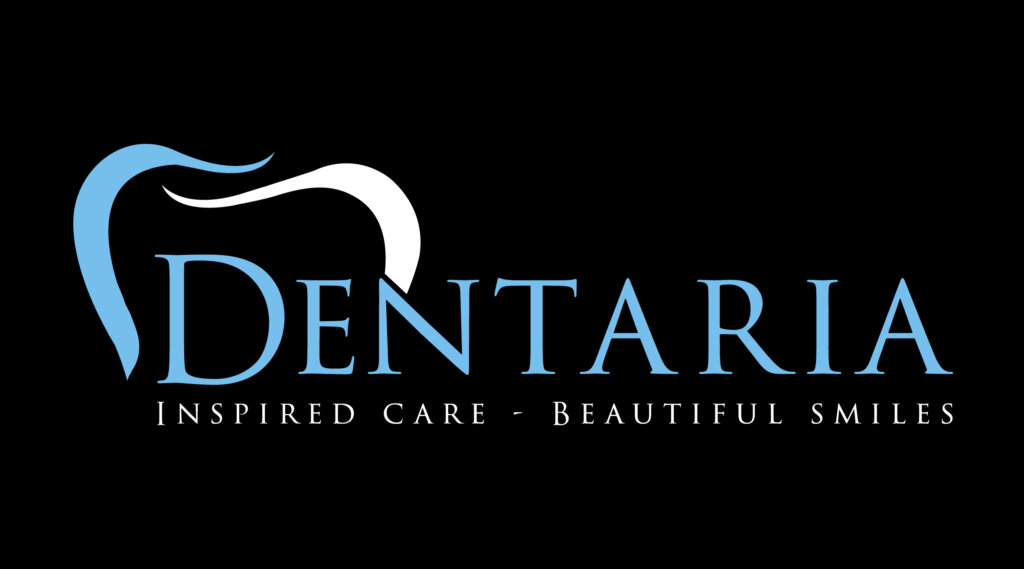
The engineers that attend our practice are very knowledgeable and always act in a professional manner. If we have an emergency situation John Boyt always tries his best to fit us in. I have no hesitation in recommending Eclipse Dental Engineering to you for all your servicing and breakdown needs.

Eclipse listened to my ideas, they added a lot to them and improved my initial design. They had loads of realistic and creative ideas for a 21st century dental practice! Two surgeries were refurbished on time without any interruption of our clinics.

We would highly recommend the awesome Eclipse team who guided us through the design process, finishing touches and colour schemes. Their ability to combine build works with equipment and dental engineering makes it so much easier and better value.

I am very pleased with the result, it is of a high quality and surpassed my expectations, on the strength of the work done I commissioned some extra wall cabinetry. The whole process was hassle-free and I would be very happy to recommend Eclipse to my friends in the business.
We used Eclipse recently in an emergency as we had equipment failure. They were very quick to respond to our call and were able to get us working again within 2 hours. The engineer was very friendly and professional and I would highly recommend this company.

I would like to express my gratitude to you and your team for your professionalism and prompt response when our dental chair packed up. You attended the same day, removed the damaged chair and installed a rental to allow us to continue practising.
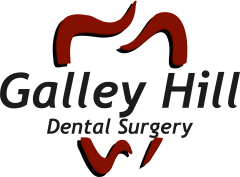
Having dealt with many fit-out companies over the years, Eclipse Dental has been one of the most professional, dependable and sincere companies I have ever worked with. I would not hesitate to use their services again.
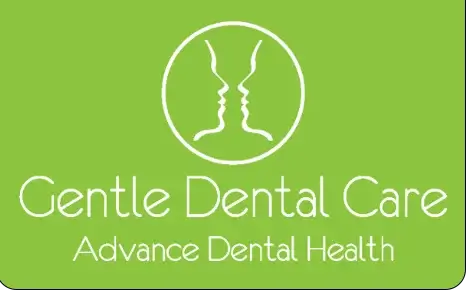
Excellent service, Eclipse have worked tirelessly for us and have always come out same day if we have a problem stopping us working. Thanks to all at Eclipse.
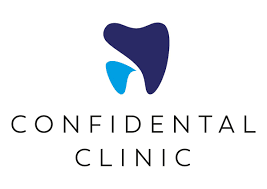
Their awareness of CQC regulations regarding equipment relocation and our necessity to minimise downtime was brilliant. We would like to recommend Eclipse Dental to anyone considering a refurbishment or relocation.
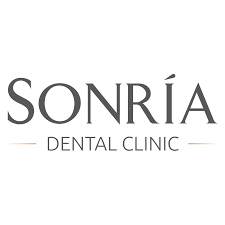
Very happy with the service and reliability of the team. From the beginning to the end, everyone was always helpful and very kind. I definitely will recommend Eclipse Dental!

I liked how swiftly the projects were done. Everything was managed, everything was timed and everything was coordinated. And every day we saw something happening. It was very exciting.

The quality of craftsmanship was exceptional—the cabinetry, flooring and all custom elements were made precisely to our specifications and aligned perfectly with our vision for the space.

Brilliant. Just professional! Complete refit of surgery. Flawless.

The boys did well! We didn’t give them much time to prepare but they did a great job, extremely pleased.

We have had the chairs for some time now and are happy with them. They serve what we need them for. The aftercare service is excellent

Eclipse are very flexible and listen to your needs. We are very impressed with the quality of workmanship they delivered. I would not hesitate to continue recommending Eclipse.
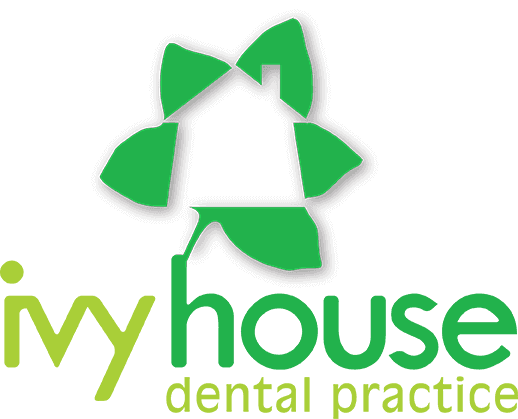
Eclipse were always accommodating of any requests and would always go the extra mile. I look forward to working with them for many years to come.

We are delighted with the end result. The practice looks good and, more importantly, works ergonomically and efficiently.